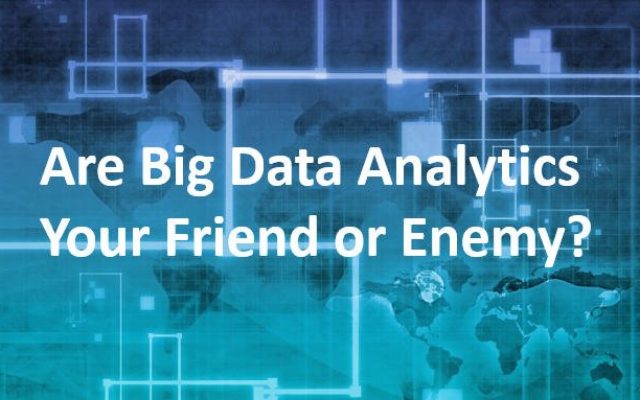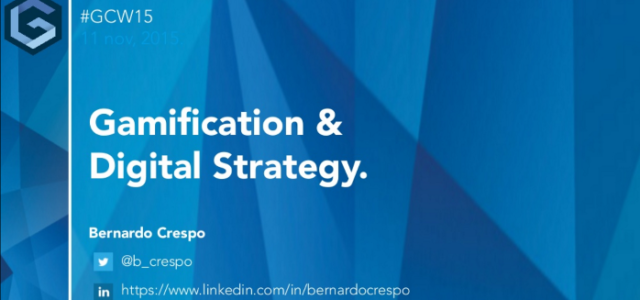The term “Big Data” is highly reminiscent of terms like “Big Pharma”, and it has a tendency to make consumers and professionals alike a bit nervous. However, whereas Big Pharma refers to large pharmaceuticals companies with market sway and seemingly countless political lobbyists, big data simply refers to the exponentially rapid growth of large data sets and the ability to analyse them.
Why People Are Afraid of Big Data Analytics
On its own, big data is neither good nor evil – it’s just data. However, the ability to collect and analyse that data without individuals’ awareness is really what frightens people. When Edward Snowden exposed the NSA’s surveillance programs of private citizens of the United States, people were awakened to the idea that their information wasn’t necessarily private. Suddenly, personal security and privacy was no longer just threatened by hackers intent on identity theft – it was a larger, more insidious problem.
Whether they viewed Snowden as a traitor or a hero for the citizens of the United States, after all of this came to light, many people were suddenly very aware of (and very frightened by) the concept of big data. They had just seen big data in use as a tool for government espionage and for the invasion of personal privacy, and they were rightfully suspicious.
We must keep in mind, however, that it’s not just data collection that makes big data threatening – it’s the ability to analyse collected information and use that information against individuals or corporations. When you break it down this way, the issue is not with big data but with big data analytics. Should corporations and governments have the ability to not only collect massive data sets but also to comb through those data sets and analyse them for patterns and trends?
Using Big Data Analytics for Good
In a word, yes. Without invading anyone’s privacy at all, the owners of Facebook fan pages (pages dedicated to businesses, artists, musicians, public figures, charities, etc.) use big data analytics every single day to track their engagement with their followers. Facebook calls its big data analytics tool “Insights”, and this allows page owners to see a lot of useful information, including how much engagement each post gets and trends in views, likes, shares, new followers, etc. over time. This allows them to adjust their social media marketing strategies to better reach their followers, fans, and customers.
This is just one example of how big data analytics can be used for marketing without collection of personal data. However, there are also cases in which collection of data on individuals can be used for the greater good, as well.
For example, social workers monitoring families for signs and trends of child abuse or neglect collect data with each visit. If a social worker is reassigned to a different family or leaves their job, it’s crucial that they be able to share their previous data and analyses with the person who replaces them. In this case, we are most definitely talking about the collection and analysis of personal data, but we are not talking about an invasion of privacy, so long as the data on the family in question is kept secure.
In its simplest form, big data is nothing more than information, and big data analytics are nothing more than a tool. Neither is inherently good or evil, but they are very powerful tools to help governments, corporations, and individuals if they are used correctly and conscientiously. From social services departments using big data to protect children to corporations using it to better serve their customers, big data has a great deal of potential for good. If you are conscious of the information you make available online and in person, then you can experience the benefits of big data analytics without the paranoia-inducing aspects of it.
What do you think of big data analytics? Has this kind of information collection and analysis helped your business?
For more information on how to apply Big Data to your business while maintaining a fully transparent relationship with your users, JOIN our webinars.

Co-author Herman Huizinga, CIO and Data Governance domain expert
Article by channel:
Everything you need to know about Digital Transformation
The best articles, news and events direct to your inbox






